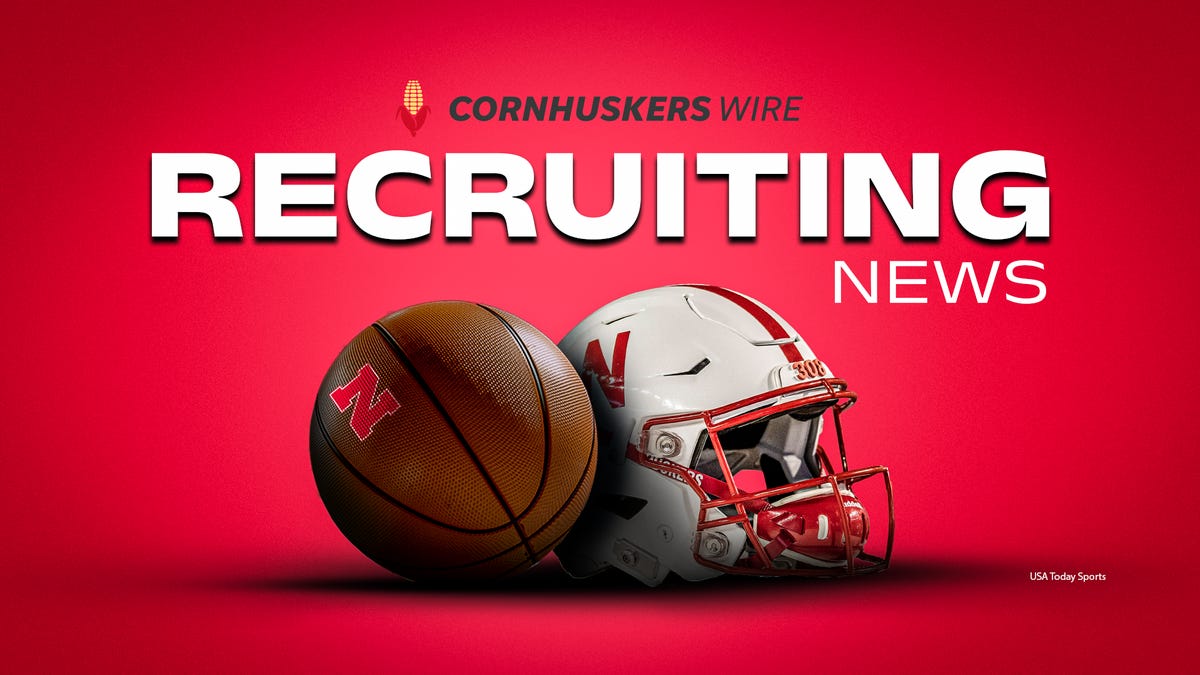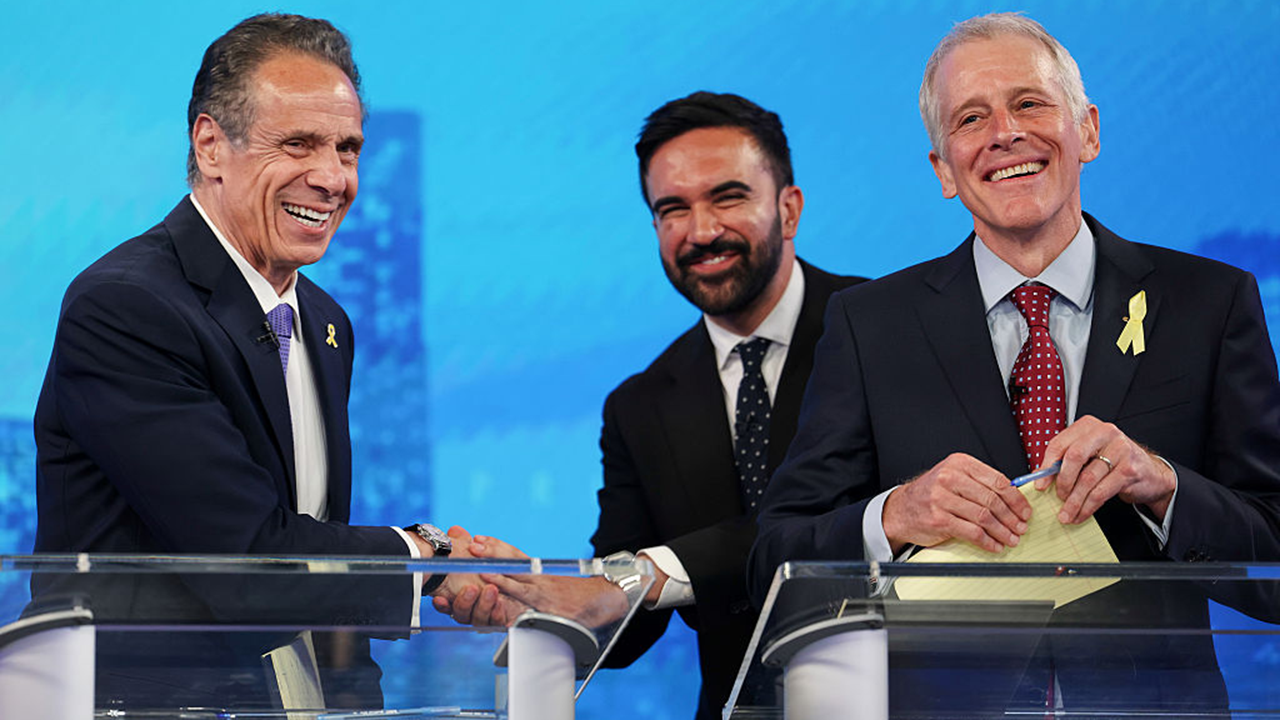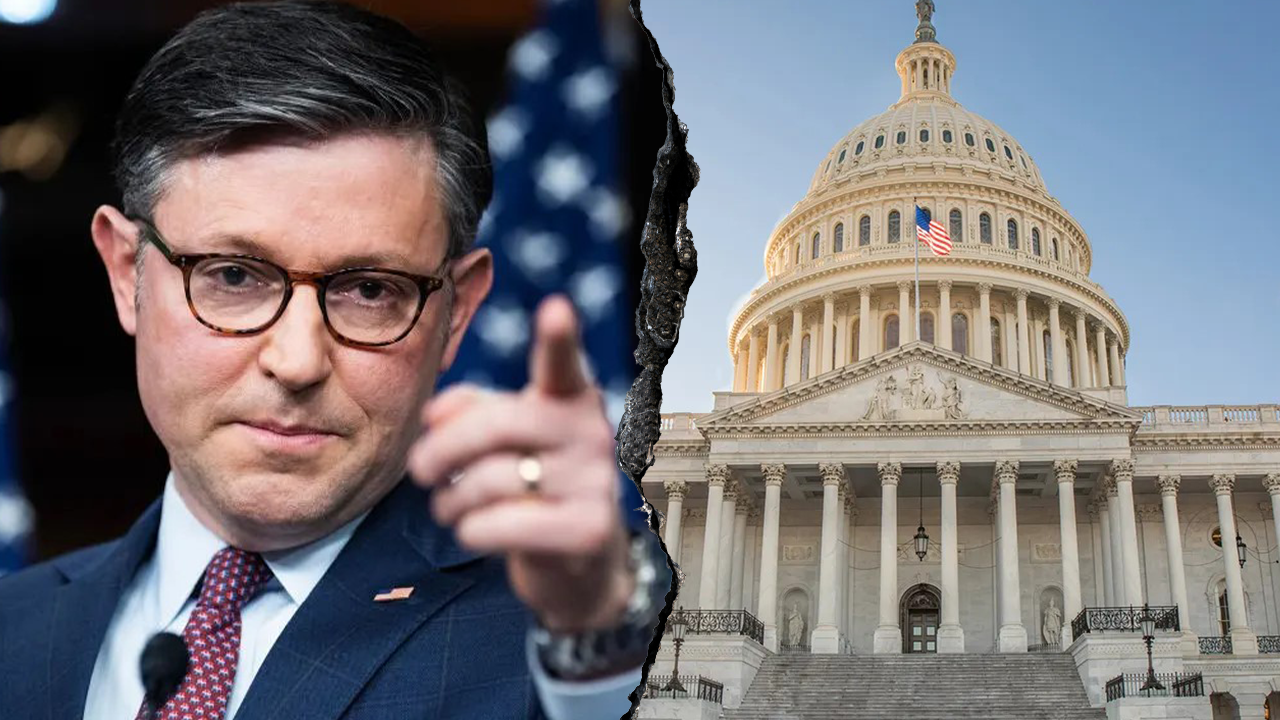Washington
Judge rejects attempt to block new Washington state gun restrictions
:quality(70)/cloudfront-us-east-1.images.arcpublishing.com/cmg/Q76V2FOTOMDNDFNHPXTJO47CGA.jpg)
A federal judge on Tuesday rejected a request to block a new Washington state law banning the sale of certain semi-automatic rifles, one of three measures recently signed by Democratic Gov. Jay Inslee in an effort to reduce gun violence.
The law, which took effect immediately when Inslee signed it in April, prohibits the sale, distribution, manufacture and importation of more than 50 types of guns, including AR- and AK-style rifles. The measure does not bar the possession of such weapons by people who already have them.
It drew a quick legal challenge from two gun-rights advocacy groups — the Second Amendment Foundation, based in Bellevue, and the Firearms Policy Coalition, based in Sacramento, California — as well as individual gun owners and a dealer. They sought a court order blocking the law pending a trial on the merits of their claim that it violated their constitutional right to bear arms.
“Considering the exceptional dangerousness of these weapons, the public interest in their regulation by the State outweighs the Plaintiffs’ desire to purchase more assault weapons,” U.S. District Judge Robert Bryan in Tacoma. “In light of recent mass deaths caused by assailants using assault weapons, it is appropriate for governmental bodies to find ways to protect the public from dangerous weapons, within the limits of the Second Amendment.”
A U.S. Supreme Court decision last June expanded gun rights, dividing judges and sowing confusion over what restrictions can remain on the books. It made more explicit that gun laws must be consistent with the “historical tradition of firearm regulation.”
Bryan found that the state’s ban does fit in with the nation’s long history of regulating dangerous weapons, including colonial-era bans on “trap guns” that could be fired without the owner present. Other historical targets of regulation have included long-bladed Bowie knives and the Thompson submachine gun, or Tommy gun, popular with gangsters in the years after World War I.
Inslee and state Attorney General Bob Ferguson, both Democrats, pushed for the Democratic-controlled Legislature to pass the ban on many semi-automatic weapons this session after years of failed attempts, making Washington the 10th state to enact such a law.
“This common-sense gun reform will save lives by restricting access to the preferred weapon of mass shooters,” Ferguson said Tuesday in a news release.
The U.S. is setting a record pace for mass killings this year, according to a database maintained by The Associated Press, USA Today and Northeastern University.
“We’re disappointed with the Court’s ruling but remain undeterred in our fight for and defense of the People’s natural right to self-defense,” Cody J. Wisniewski, an attorney with the Firearms Policy Coalition, said in an emailed statement.
The two other laws signed by Inslee imposed a 10-day waiting period for firearms purchases and cleared the way for lawsuits against gun makers or sellers in certain cases.
A federal trial is underway in Oregon on a challenge to a voter-approved measure there that requires residents to undergo safety training and a background check to obtain a permit to buy a gun.
Voters narrowly passed it last November. The legislation also bans the sale, transfer or import of gun magazines with more than 10 rounds unless they are owned by a member of law enforcement or the military or were owned before the measure’s passage.
©2023 Cox Media Group

Washington
This American president’s rejection of monarchs and dictators resonates today | Opinion

Little did our founders know the immense and lasting impact that George Washington’s approach to power would have, not only on America but on the future of democracy across the globe
Here’s how to get your views published in Milwaukee Journal Sentinel
Want to share a view on an issue of the day? Or comment on how our community or state could be improved? Here’s how to get your opinion published.
- George Washington, despite initial doubts about his abilities, successfully led the American army to victory against the British.
- Washington’s strategic avoidance of direct confrontation with the British and his perseverance were key to the American triumph.
- After the war, Washington made the extraordinary decision to relinquish his military command, setting a precedent for civilian rule.
- Washington’s resignation solidified his reputation as a selfless leader and influenced the development of democracy in America and beyond.
Two hundred and fifty years ago, the Second Continental Congress appointed George Washington to be commander in chief of the newly formed American army. Never before had a war been fought for the principles of liberty and self-government. But here they were, a diverse band of soldiers with many accents and many backgrounds, from cities, towns, and villages up and down the East Coast, fighting for the ideal of independence and the glorious goal of government by consent of the governed.
Perhaps anticipating the appointment, Washington arrived at the first session of Congress in military uniform. Thanks to the British, he had more military experience than most Americans; he had scouted the west, urged the French to leave the country, and fought valiantly on behalf of the British during the French and Indian War.
By any reasonable account, winning the American fight for independence was virtually impossible. The Americans had no standing army, military academy, or formal military training. Its soldiers consisted of volunteers, formed into local militias of varying size, capability, and commitment. It’s no wonder that Washington expressed his fear of failure in accepting the command, telling the Congress, “I feel great distress from a consciousness that my abilities and military experience may not be equal to the extensive and important trust.”
Washington overcame odds to defeat British Army
And yet, over the next eight and a half years, Washington made the impossible possible. With nearly superhuman patience, he took command of a ragtag band of soldiers and turned them into a disciplined army. At the outset, there were few willing soldiers and even less food, guns, and equipment. The horrible winter of Valley Forge was only one episode of many in which American soldiers and their commander endured grueling and dangerous circumstances with little promise of remuneration.
Washington wisely adopted a strategy of avoiding the British head-on, moving his troops quickly and then striking by surprise. Faced with the vast expanses of the American continent, the expense of an overseas endeavor, and the relentless determination of General Washington and the American people, the British could not keep up. And their enemy abroad — the French — were only too pleased to intervene on behalf of the colonists to tighten the screws.
Legend has it that in Yorktown, as the British surrendered, their musicians played “The World Turned Upside Down.” For many, the world did seem upside down. American forces — led by General George Washington — had faced down the greatest army on earth. The “lobsterbacks” relinquished their arms, returned home, and left Washington and the victorious colonies with the momentous challenge of starting a new and independent nation.
It was to be many months before a peace treaty was signed. British troops still threatened New York City, and the Continental Army remained on duty, waiting for pay. The soldiers sought a lump cash payment to be distributed when they left the Army. But with no response from Congress, the troops grew restive and threatened to march on Congress.
Washington’s most extraordinary move was to relinquish power
In a now-famous and emotional appeal, Washington met with the soldiers in Newburgh, New York, and asked for their understanding. Reaching for his glasses, he said, “Gentlemen, you will permit me to put on my spectacles, for I have not only grown gray, but almost blind in the service of my country.” The march on Congress was not to be.
Having accomplished the impossible, Washington then did the extraordinary. He gave up his military command.
As he returned to his beloved Mount Vernon in Virginia, Washington stopped in Annapolis, Maryland, to meet again with the Continental Congress. Standing before the assembled body, he resigned his commission.
“Having now finished the work assigned me,” Washington said, “I retire from the great theatre of action, and bidding an affectionate farewell to this august body under whose orders I have so long acted, I here offer my commission and take my leave of all the employments of public life.” This one act was so remarkable that King George III in England is reported to have exclaimed, “If he does that, he will be the greatest man in the world.”
Little did our founders know the immense and lasting impact that George Washington’s approach to power would have, not only on America but on the future of democracy across the globe. First, the indispensable commander of a revolution. Then, America’s Cincinnatus — the Roman statesman who famously gave up power and returned to his farm after saving the republic.
Washington’s unprecedented return of power set the new country on a unique path, one that rejected monarchs and dictators in favor of civilian rule and government by the people. Two hundred and fifty years later, all Americans — and untold millions around the world — remain the beneficiaries.
Anne Neal Petri, of Fond du Lac, is the regent of the Mount Vernon Ladies’ Association. The association has owned and managed George Washington’s Mount Vernon since 1858 and takes no government support.
Washington
Commanders receiver lands on very unfortunate list

Sometimes in football, a player can run the perfect route, make the catch, and reach the end zone—only to have it all erased by a penalty or miscue that never shows up on the stat sheet. The Washington Commanders saw that firsthand in 2024 with wide receiver Olamide Zaccheaus
Zaccheaus quietly delivered one of the most overlooked and unlucky seasons in the NFL. Zaccheaus is now entering his seventh season, and his 2024 season was among his best. He caught 45 passes for 506 yards and three touchdowns for the Commanders, matching a career-high in trips to the end zone.
But according to NFL.com’s Kevin Petra, Zaccheaus has landed on the 2024 list of unlucky stats from the season in regards to his production for Washington.
READ MORE: Jayden Daniels gets big praise from rival Giants wide receiver
“Matched his career high with three receiving TDs in 2024 but also tied Jacobs with three TDs negated by penalty,” Petra said.
Those flags came at a high cost. Zaccheaus consistently found ways to beat coverage and finish plays, but miscues elsewhere on the field erased half of what could’ve been a six-touchdown season. For a Washington offense looking to establish rhythm with quarterback Jayden Daniels, those lost points were critical.
Zaccheaus’ journey has come full circle under head coach Dan Quinn. He played his first four NFL seasons for Quinn in Atlanta, and is now heading into his second year with him in Washington. That familiarity has helped him carve out a trusted role in the Commanders’ receiving corps
In a league driven by stats and highlights, players like Zaccheaus often fly under the radar despite making the plays that keep drives—and games—alive.
In 2025, Zaccheaus may finally get the numbers to match his effort. Washington fans should keep an eye on him because the bad luck won’t last forever.
READ MORE: Commanders star predicted for $90 million contract extension
Stick with CommanderGameday and the Locked On Commanders podcast for more FREE coverage of the Washington Commanders throughout the 2025 offseason.
• Commanders receive surprisingly low spot in NFL power rankings
• Commanders could take top collegiate RB in 2026 NFL Draft
• How Commanders’ Jayden Daniels can run away with NFL MVP
• Jayden Daniels hits Deebo Samuel for viral TD at Commanders minicamp
Washington
Michigan State flips one commit, beats out Washington for another

A busy month of recruiting keeps rolling on for Michigan State.
The Spartans picked up a pair of 2026 commitments on Sunday in three-star defensive end Fameitau Siale from Seattle and flipped three-star Ohio defensive back Jordan Vann from Virginia.
Michigan State’s 2026 class is now up to 15 commits with 11 of them coming this month for second-year coach Jonathan Smith.
The Spartans beat out hometown Washington to pick up Siale, from O’Dea High School. At 6-foot-4 and 260 pounds, he’s listed as the No. 51 edge and No. 530 player overall in the class, according to 247Sports Composite rankings. Siale is one of three commits at the defensive front, along with Cory House and Christopher Knauls.
Vann, 6-1 and 195 pounds, is from Middleton High School and ranked as the No. 87 safety in the class. He committed to Virginia in February but visited East Lansing this month and is now a verbal pledge to the Spartans. Vann is one of five defensive backs in the class, joining TJ Umenyiora, KJ Deriso, Brayden Thomas and Eliyjah Caldwell-Hardy.
-

 News1 week ago
News1 week agoA former police chief who escaped from an Arkansas prison is captured
-

 Technology1 week ago
Technology1 week agoXbox console games are suddenly showing up inside the Xbox PC app
-

 Arkansas1 week ago
Arkansas1 week agoTennessee baseball coach Tony Vitello has funny apology on ESPN at super regional vs Arkansas
-

 Technology1 week ago
Technology1 week agoMassive DMV phishing scam tricks drivers with fake texts
-

 Politics1 week ago
Politics1 week agoVideo: Why the U.S. Brought Back Kilmar Abrego Garcia
-

 World1 week ago
World1 week agoColombia’s would-be presidential candidate shot at Bogota rally
-

 Politics1 week ago
Politics1 week agoNational Guard to be deployed in Los Angeles County as anti-ICE protests rage: border czar Tom Homan
-

 Nebraska1 week ago
Nebraska1 week agoNebraska makes top five for elite class of 2026 offensive tackle














